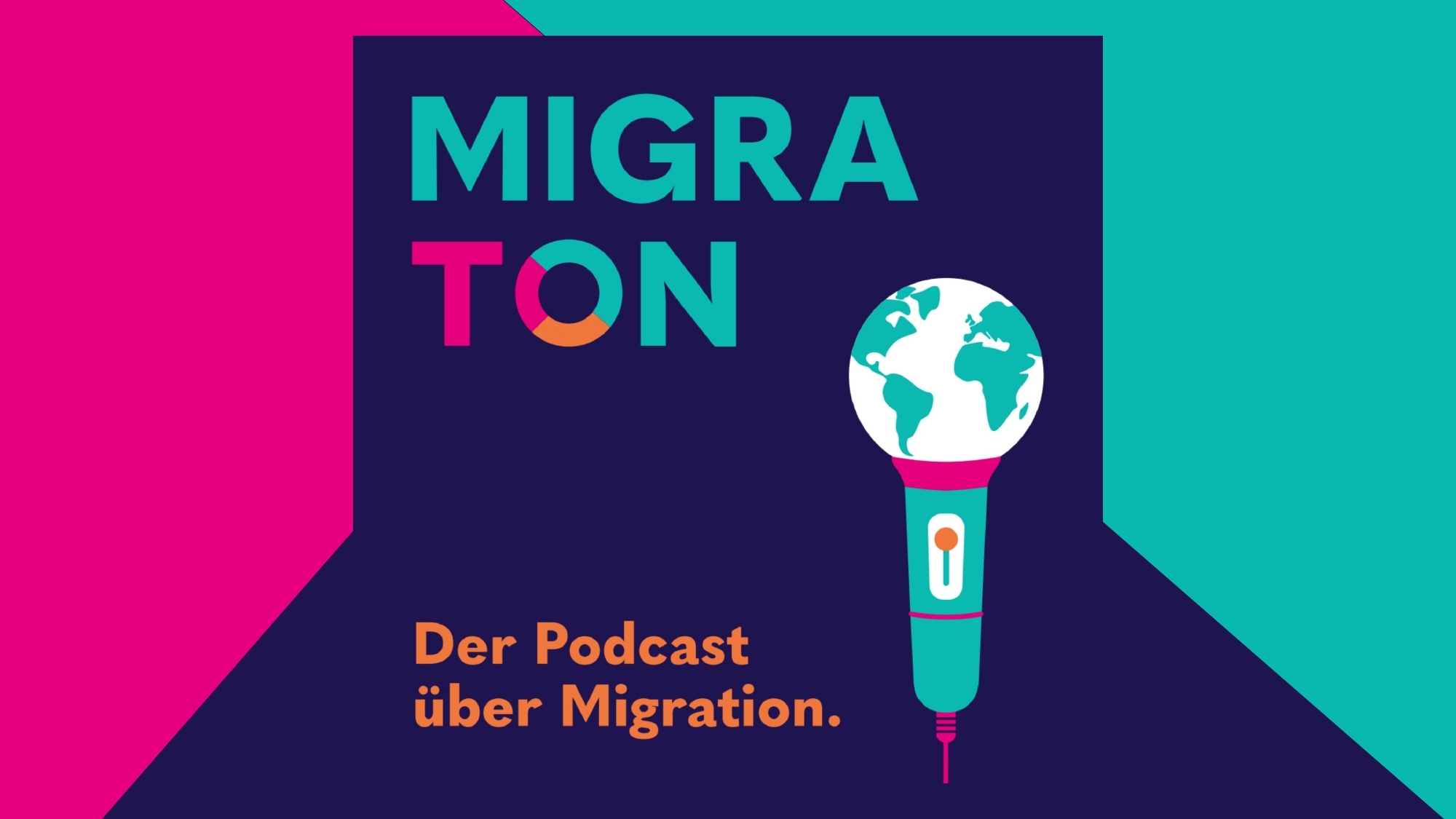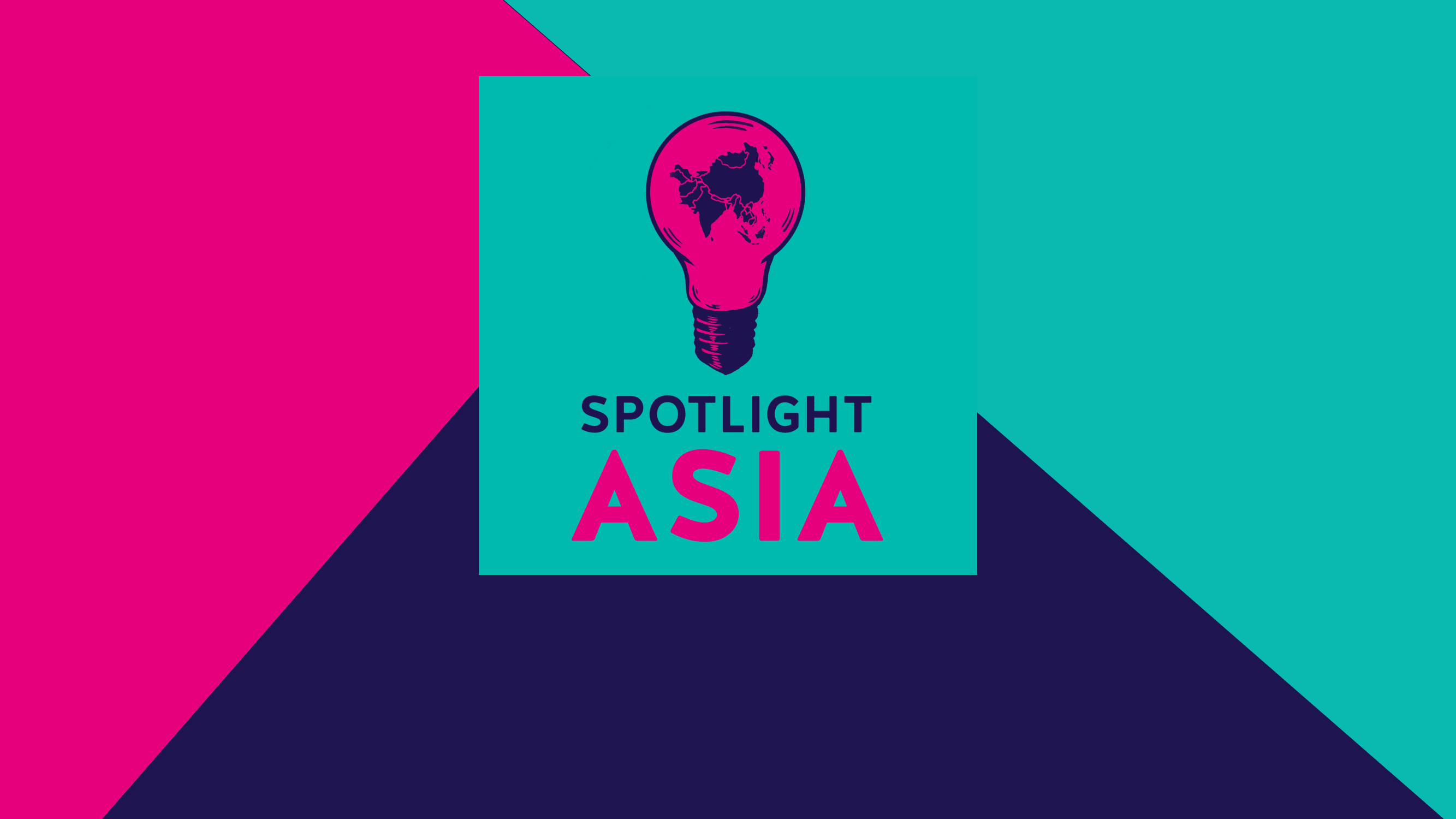There and Yet Invisible?!: Spain’s Feminist Foreign Policy and its Focus on Multilateral Diplomacy
Since March 2021, Spain has adopted a Feminist Foreign Policy (FFP) approach as the sixth state worldwide. In the preface to Spain’s guide to Feminist Foreign Policy, Arancha González Laya, former Minister for Foreign Affairs, European Union and Cooperation, states that Spain’s “feminist foreign policy promotes and defends our interests as well as values of our society. […] Feminist Diplomacy contributes to a better, more just world, where women and men are equal in rights and opportunities. Nothing more. Nothing less.” To achieve these interests, Spain has presented five leading principles: a transformative approach, a committed leadership, ownership, inclusive participation and fostering alliances and intersectionality and diversity. Applying these principles across several priority areas, the Spanish approach connects various policy fields, for instance, trade, defence, climate action, economic justice, and human rights.
What is striking about Spain’s FFP approach is their commitment to multilateral cooperation. This also shows in the embedded instruments and modes of operation. Here, bilateral and regional diplomacy, the European Union, international cooperation for sustainable development and multilateral diplomacy are highlighted. Moreover, the Sustainable Development Goals and the 2023 Agenda are a crucial factor in Spain’s decision to adopt a FFP: “The decision to draw up a feminist foreign policy stems […] from a strong political commitment to push on in compliance with the 2030 Agenda and its Sustainable Development Goals (SDG).” (statement by the Ministry of Foreign Affairs)
As part of our Gender & International Politics’ project Feminist Foreign Policy(s): An On-Going Journey through Global Policies, we want to draw on these observations and discuss the focus of Spain’s FFP on multilateralism and an international approach to their FFP. Also, this is especially interesting as Spain took over the co-presidency of the FFP+ group in 2024. The ICRW FFP index has rated Spain’s FFP in the upper middle range in their overall ranking. Following this evaluation, we critically question, in how far this focus offers a divergent approach to FFP and whether this approach enables a more successful and sustainable implementation.
To address these questions, the event offers insights into Spain’s understanding of multilateralism and the way in which Spain’s foreign policy works multilaterally. Moreover, we debate why Spain’s FFP is not as visible in the public, academia and the media despite their orientation at the international level and at international fora and instruments. Bringing multilateral diplomacy to the forefront, we wonder why Spain’s FFP has not been noticed more prominently. Following, a critical lens is adopted evaluating whether Spain’s goal to advocate gender equality within the EU and on the international stage has been reached even though Spain’s FFP seems to be rather imperceptible.
We are happy to welcome
Irune Aguirrezabal Quijer, OEI (Organización de Estados Iberoamericanos): Irune Aguirrezabal Quijerais an international professional with over 30 years executive, political, strategic, legal and management experience, who has worked as advisor or director, in Europe, West and Central Africa and Latin America, in government positions, at the United Nations and other international organisations and for global CSO. Her expertise spans sustainable development areas including gender equality, migration governance, international justice, and human rights. With a Law degree and a PhD in multidisciplinary gender studies, she has been recognized for her research excellence and awarded by prestigious institutions. Currently she is Director on Human Rights, Democracy and Equality at OEI and she teaches in several universities.
Paula Jou, WILPF Spain (Women’s International League for Peace and Freedom): Paula Joe is a young expert in international relations and gender studies with activist and research experience at the Women’s International League for Peace and Freedom section in Spain. Recently, she has been researching on Spain’s Feminist Foreign Policy and its implications for nuclear disarmament and the Treaty for the Prohibition of Nuclear Weapons.
and
Alicia Krentz, German Embassy Madrid: Alicia Krentz began her diplomatic career in 2015 after completing a Bachelor’s degree in Public Administration and a Master’s in Political Science & Management. From 2018 to 2022, she served as Consul and Politics, Communications & Cultural Officer at the German embassy in Luanda, Angola. Since 2022, she has been Deputy Head of Communications at the German embassy in Madrid, Spain, also holding the role of Gender & Protocol Officer.
to this event.
Please register using the form on this page. Shortly before the meeting we will send you the zoom link at the given email address.
This event is organized by Polis180’s program Gender and International Politics.
Polis180 is a grassroot’s think tank for foreign and European policy. It was founded in June 2015 by a group of committed young people with diverse backgrounds and political standpoints. We now count over 600 association members. We aim to be the most innovative think tank and talent factory of and for young experts and enable them as an inclusive platform to significantly influence foreign and European policy decisions. With our projects, we offer young people the opportunity to formulate and specify their political demands and to present them to decision-makers.
Contact
Lena Wittenfeld – Co-Head of Program Gender and International Politics (lena.wittenfeld@polis180.org)
Organizers
Linda Müller & Lena Wittenfeld
Buchungen sind für diese Veranstaltung geschlossen.

